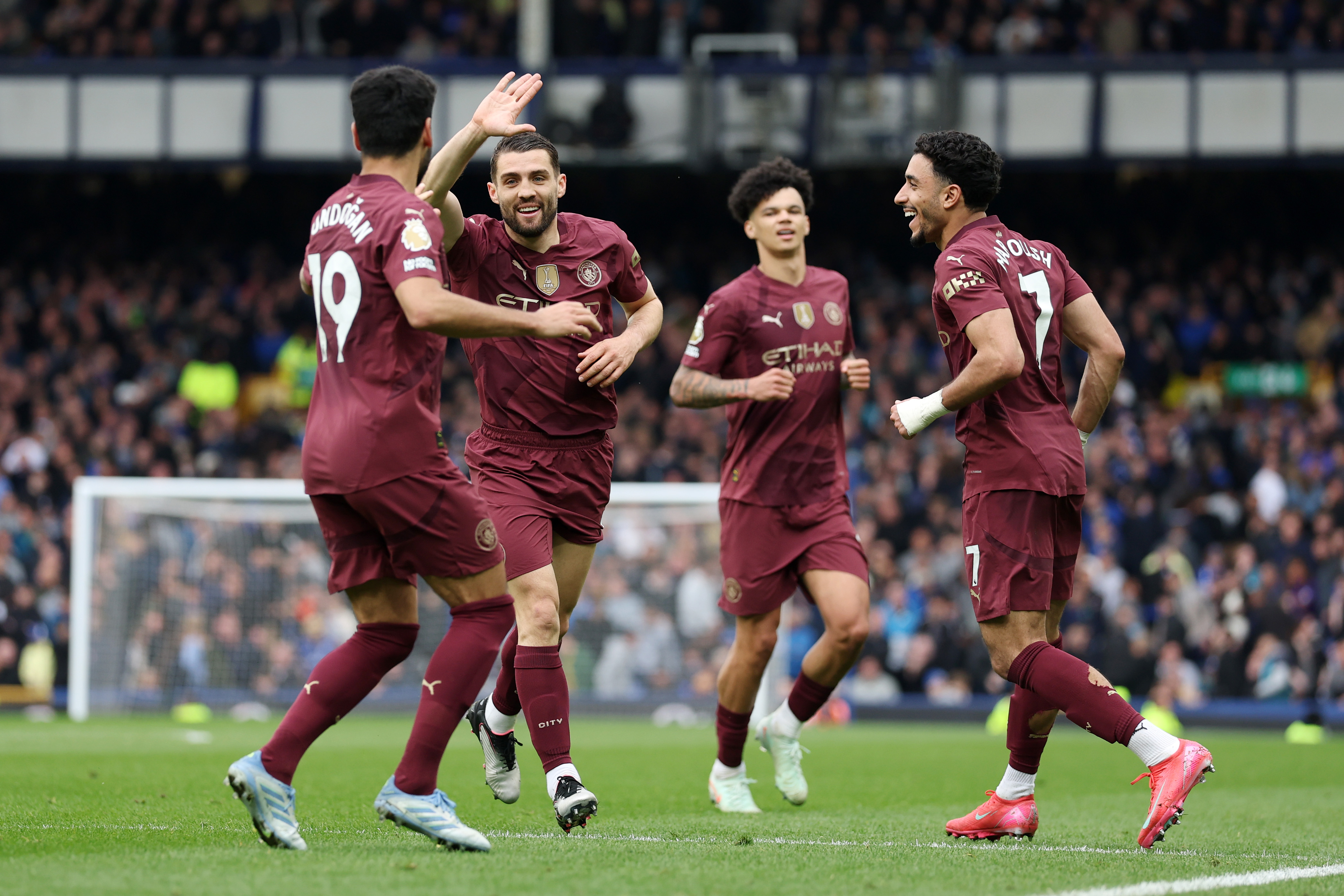Exclusive: Salgado on Suarez, Evra, Terry, Capello and racism
In an exclusive preview of his monthly FourFourTwo magazine column, Michel Salgado gives his own insight into the recent racism rows involving Liverpool, Manchester United, Chelsea, QPR â and eventually costing the England manager his jobâ¦
Racism is a complicated, sensitive issue and not one I particularly wanted to talk about, but given the huge impact it has sadly had in English football over the last few months, it is worth discussing. Because I come from a different country, I can perhaps offer a different perspective.
First, though, I want to stress that I do not think either John Terry or Luis Suarez are racist. On the football pitch the tension is enormous â itâÂÂs insane. Your heart is racing, and you often find yourself in situations where you say things that you do not mean. Sometimes, you donâÂÂt even know what youâÂÂre saying.
There are certain similarities between the John Terry case and the Luis Suarez one, but they should not be considered the same. The John Terry case is hard to comment on because we still do not know what happened. You are innocent until proven guilty and that presumption of innocence has to be respected. In that sense, Fabio Capello was right.
The FA have not investigated him, they have not reached a definitive conclusion, and yet they decided to strip Terry of the captaincy. Yes, the charge is serious and yes, it can have an impact on the England team, but that makes it a decision of footballing significance. It is hard for Anton Ferdinand, Rio Ferdinand and the rest of the England team too, but any resolution must be reached in consultation with the manager.
October 23rd: Terry covers his mouth as he walks away from Ferdinand
Luis SuarezâÂÂs case is different. I believe he has made four mistakes.
Get FourFourTwo Newsletter
The best features, fun and footballing quizzes, straight to your inbox every week.
First, he offended Patrice Evra. That can perhaps be explained, even justified by the heat of the moment.
Second, after the game, he should have apologised. That he didnâÂÂt choose to do that can perhaps be explained by pride.
Third, when the case was brought against him, he denied wrongdoing and was determined to fight it, yet he lost the case and got an eight-game ban. The report seemed to clearly show he was guilty. But his actions forced his coach and his club to defend him to the death, leaving them in a difficult and unpleasant situation. That can maybe be explained by fear.
And finally, he refused to shake EvraâÂÂs hand. Evra was the one that made the gesture and Suarez refused to reciprocate. The offended party offered his hand and, with the world watching, the offender refused it. That was a big moment: everybody was waiting to see what happened, and by refusing to shake hands Suarez gave the game a bad image. He left English football in a difficult position too. I do not think that has any explanation at all.
February 11th: Suarez refuses to shake Evra's hand
Perhaps Suarez thinks he is the victim â he has certainly acted as if that is the case. Maybe he did not think that what he said was offensive: for him it may not have been, but for Evra it clearly was. And he had to realise that. There are linguistic nuances, and the use of words is not the same everywhere. Negro or negrito, for example, are not the same in Spain as in England, and not the same in Latin America as in Spain.
Words are conditioned by language, culture and history. ItâÂÂs not just race. I, for example, have found that some of the jokes you tell every day in the dressing room in Spain, you cannot say in England. In Spain we joke a lot about other peopleâÂÂs wives or sisters: here, you just donâÂÂt do it. You have to understand that. It is up to the foreign player to adapt to his new surroundings, not the other way round.
There are rules â laws, even â and you must abide by them. If something is not allowed, it is not allowed. Just because you donâÂÂt think it is offensive does not mean it is not offensive, and does not mean you shouldnâÂÂt apologise. Besides, when someone uses an abusive term 10 times, and in the way it was used, thereâÂÂs little question about its intent to offend.
October 15th: Suarez and Evra exchange words
Against Manchester United in February, Suarez had the chance to put it all behind him and he didnâÂÂt. That mistake â his fourth â was the worst. He had been found guilty and had not appealed. He had been banned for eight games and was now back in action. That was the moment to back down: if you think eight games is too much, tough luck.
âÂÂMay he who is free of sin cast the first stoneâÂÂ, as they say. We all make mistakes â all of us. But you have to step forward and say sorry. You apologise for what happened in the heat of the moment and it ends there. But you must apologise.
In the end Suarez did apologise, but it felt forced. The apology has to be sincere. The apology also has to be directed to Evra, and it wasnâÂÂt. You have to be man enough to step up, swallow your pride and apologise properly.
Luis Suarez probably doesnâÂÂt care what I think; IâÂÂm probably not important to him. But as a professional footballer, a colleague, I would like to hold out my hand to him and invite him to resolve this situation. For the good of the game and for his own good too. Speak to Evra.
I do not think Suarez is a racist. He is a brilliant footballer, and it is sad that people will remember him for this and not for the player that he is.
